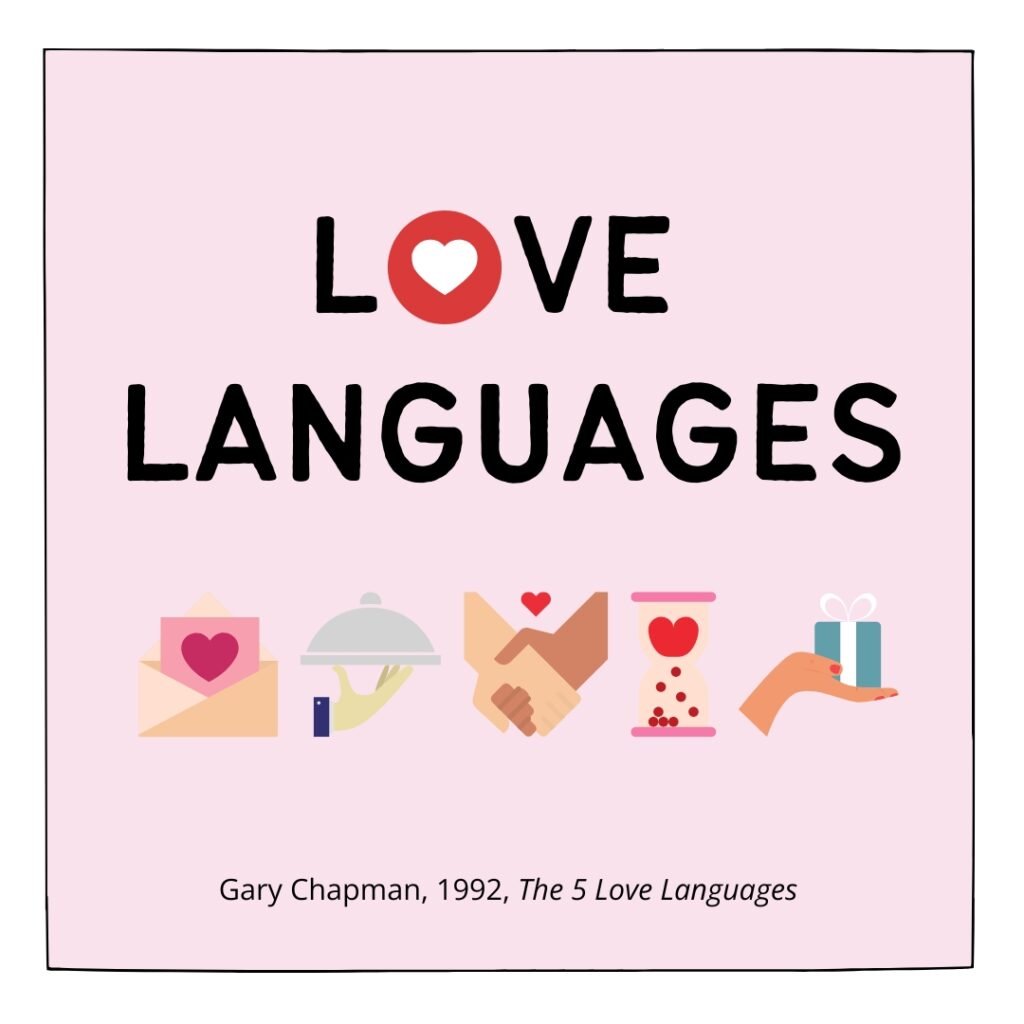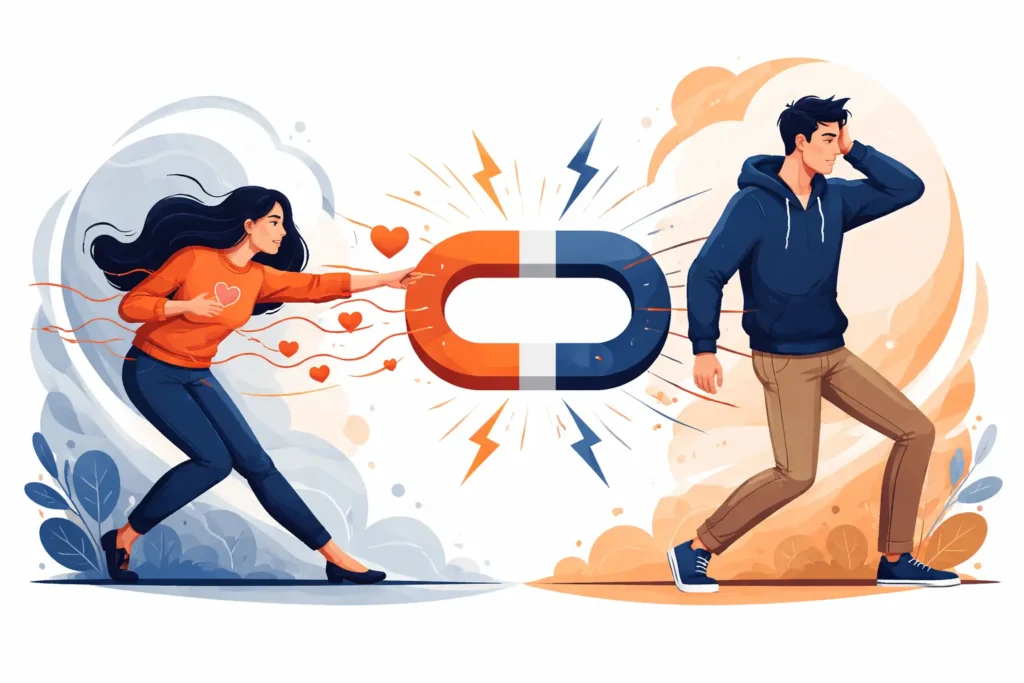Love is universal; however, the way people express and receive love varies. At times, you might feel disconnected from a loved one despite your best efforts. In such cases, you may not be speaking their love language. So, what exactly does a love language mean? And how does understanding it improve relationships? Let’s dive into the five love languages and how they shape emotional connections.
What Is Love Language?
A love language refers to the way individuals prefer to give and receive love. The concept, introduced by Dr. Gary Chapman, highlights how understanding love languages can improve communication, strengthen relationships, and foster deeper emotional connections.
Each person has a primary love language, and recognizing it helps build fulfilling relationships. Love languages extend beyond romantic relationships; they also play a crucial role in shaping friendships, strengthening family bonds, and even improving workplace interactions.
What Are the Five Love Languages?
The five love languages are distinct ways people express affection and appreciation. Here’s a breakdown of each:

1. Words of Affirmation (Expressing Love Through Words)
- People with this love language feel valued through verbal expressions of love and appreciation.
- Simple phrases like “I appreciate you” or “You mean the world to me” can strengthen emotional bonds.
- Writing heartfelt notes, sending encouraging texts, or giving sincere compliments are great ways to nurture this love language.
2. Acts of Service (Showing Love Through Actions)
- Understanding how love is best expressed—whether in romance, friendships, or family—can significantly strengthen emotional connections
- Simple gestures like helping with chores, preparing a meal, or offering assistance show love and care.
- It’s all about doing things that make life easier for your loved one.
3. Receiving Gifts (Expressing Love Through Thoughtful Presents)
- This isn’t about materialism—it’s about the thought and effort behind a gift.
- A meaningful present (big or small) can make someone feel cherished and remembered.
- Handwritten letters, surprise treats, or personalized gifts hold deep sentimental value.
4. Quality Time (Undivided Attention and Presence)
- Giving someone your full attention is key to this love language.
- Meaningful conversations, weekend getaways, and screen-free dinners make people feel valued and connected.
- Active listening and undistracted presence are crucial.
5. Physical Touch (Love Expressed Through Physical Connection)
- Hugs, hand-holding, cuddles, and physical gestures are essential for those who resonate with this love language.
- Simple gestures like a reassuring pat on the back or holding hands build emotional security.
- Non-verbal expressions of love can create a sense of closeness.
How to Identify Your Love Language
Not sure what your primary love language is? Here are some clues:
- What makes you feel most loved? Compliments? Hugs? Thoughtful gestures?
- What do you naturally do for others? Do you give gifts or spend quality time with loved ones?
- What do you complain about in relationships? Feeling unheard? Lack of physical affection?
💡 Tip: Take an online love language test and observe your emotional responses in relationships.
Why Are Love Languages Important?
Understanding love language types can transform relationships by:
✅ Open and honest conversations help strengthen emotional intimacy.
✅ In addition, making partners, friends, and family feel valued deepens relationships.
✅ When communication improves, it creates space for better understanding and connection.
✅ As a result, conflicts and misunderstandings are reduced, leading to healthier interactions.
However, when partners or loved ones speak different love languages, misunderstandings can occur. For example, someone who expresses love through acts of service may feel unappreciated if their partner primarily values words of affirmation. Recognizing and adjusting to each other’s love language creates harmony.
📌 Want to strengthen your relationships? Start by identifying and speaking each other’s love language today!
Understanding your love language is key to building stronger relationships. To take it a step further, exploring couples therapy can be a valuable way to rebuild trust and strengthen emotional connections.
Can Love Languages Change Over Time?
Yes! Love languages are not fixed—they can evolve based on life experiences, relationship dynamics, and personal growth.
- Over time, love languages can shift. A person who once valued gifts may later prioritize quality time.
- Major life events (like marriage or parenthood) can shift how love is received and given.
- Communicating these changes ensures a continued emotional connection.
Final Thoughts: Embrace Your Love Language
The five love languages provide a roadmap to better relationships. While quality time and words of affirmation are among the most common love languages, individual preferences can differ greatly.








